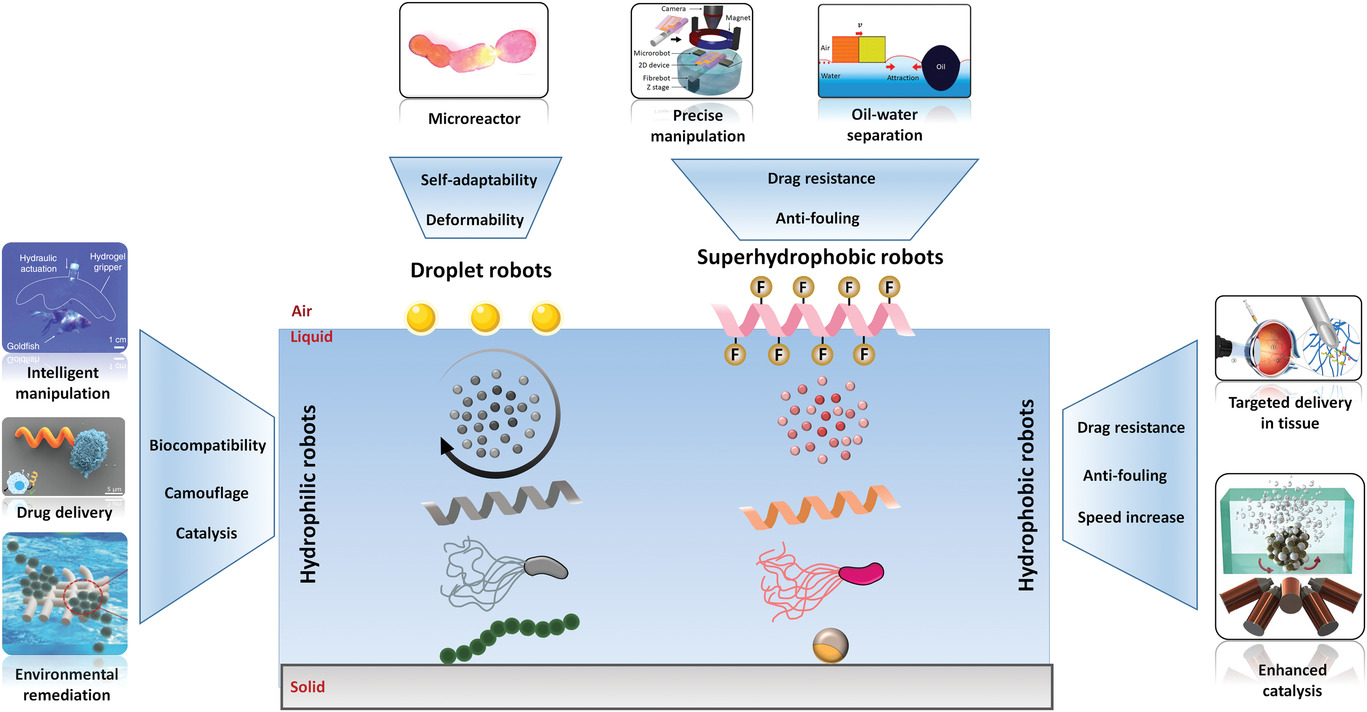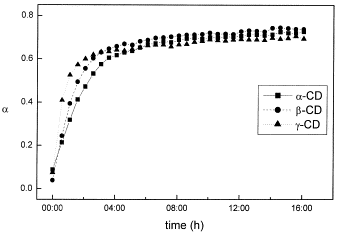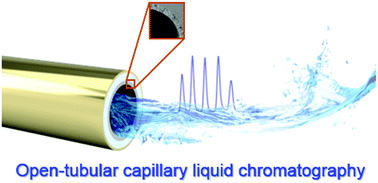paper archives
Stay hungry, stay foolish. You are as good as your last paper.
Microplastic Removal and Degradation by Mussel-Inspired Adhesive Magnetic/Enzymatic Microrobots
- Huaijuan Zhou, Carmen C. Mayorga-Martinez, and Martin Pumera*

Ubiquitous pollution by microplastics is causing significant deleterious effects on marine life and human health through the food chain and has become a big challenge for the global ecosystem. It is of great urgency to find a cost-efficient and biocompatible material to remove microplastics from the environment. Mimicking basic characteristics of the adhesive chemistry practiced by marine mussels, adhesive polydopamine (PDA)@Fe3O4 magnetic microrobots (MagRobots) are prepared by coating Fe3O4 nanoparticles with a polymeric layer of dopamine via one-step self-polymerization. In addition, lipase is loaded on the PDA@Fe3O4 MagRobots’ surface to perform microplastic enzymatic degradation. The synthesized MagRobots, which are externally triggered by transversal rotating magnetic field, have the capacity to clear away the targeted microplastics due to their strong sticky characteristics. With the adhesive PDA@Fe3O4 MagRobots on their surfaces, the microplastics can be navigated along an arbitrarily predefined path by a rotating field and removed using a directional magnetic field. Such adhesive MagRobots are envisioned to be used in swarms to remove microplastics from aqueous










